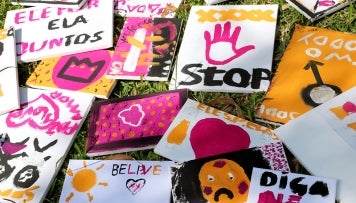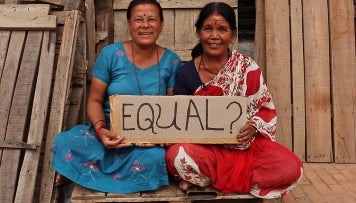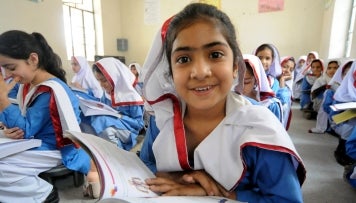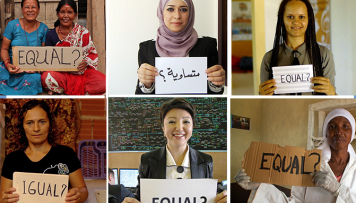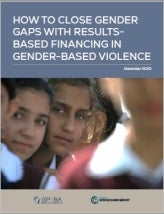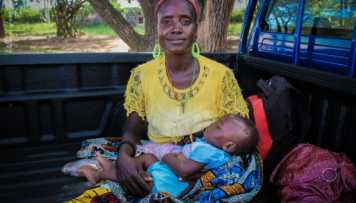
Photo: WJ Gomes / Pixabay
Over the past two decades, Mozambique has conducted substantial legislative reforms to prevent and respond to gender-based violence (GBV), and to promote women’s empowerment (WE). These advancements are reflected in a growing awareness – from the government, donors, and partners – of the need for interventions and strategies in these areas. This has created a breeding ground for introducing and piloting new impactful solutions.
The webinar on Results-Based Financing for Prevention of and Response to Gender-Based Violence and Promotion of Women’s Empowerment in Mozambique took place April 21-23, and gathered more than 80 participants from the central government, local institutions, civil society organizations and UN agencies; the Resident Coordinator Office moderated the debates during the 3-day event. The webinar, organized by the Africa East Social Sustainability and Inclusion unit and the Global Partnership for Results-Based Approaches (GPRBA) of the World Bank, opened a dialogue among key actors on how to operationalize and pilot results-based financing (RBF) approaches for gender equality, WE, and prevention of and response to GBV.
The World Bank facilitated the webinar as a first step to assess national and local contexts and gather information on what exists and what works. In addition, the webinar sought to create a space for discussion and consultation with key actors and experts on how to operationalize RBF for GBV and WE in Mozambique. Some of the questions that guided the discussion included: What is RBF, and what are project entry points? What are the best practices and lessons learned from existing GBV and WE programs in Mozambique? How can we design targets and indicators to measure GBV prevention and response, and empowerment? How are implementers and service providers held accountable?
The first day was dedicated to introducing RBF key concepts and implementation models, bringing in national and international experiences in different sectors. The second day was focused on sharing best practices and understanding challenges from key institutions and organizations that are part of the GBV prevention and response multi-sectoral system, and from socio-economic empowerment interventions for women in Mozambique. On the last day, participants were guided through a group exercise to explore potential results-based solutions to hold implementers accountable for achieving impactful and measurable results.

By leveraging local knowledge and international expertise, the webinar explored opportunities to link RBF to service provision for GBV survivors and WE through integrated approaches, including health care, psycho-social support, legal services, livelihood and economic autonomy, and coordination and governance systems. A key takeaway from the webinar is that Mozambique is ripe to assess and explore complementary and innovative modalities of cooperation in these areas, thereby putting a greater focus on prevention, social relations and sociocultural gender norms.
To date, RBF approaches have been used in various sectors, including education, health, energy, and water and sanitation, among others. However, GBV and WE are still emerging areas that need to be explored and piloted. Based on the review of evidence released in November 2020 by GPRBA, key entry points identified for GBV programming include supporting improved quality and accessibility of service provision for survivors; targets related to voice and agency of women and girls; and disbursements contingent on specific actions (e.g. proportion of health units that have documented and adopted a protocol for the clinical management of GBV survivors), where “linking financing to outcomes can encourage stakeholders to operate efficiently and change their behavior.” RBF gives service providers greater flexibility to adjust their programs, empowering them to innovate, learn and adapt to the local contexts in pursuit of impact. This is particularly valuable in diversified and complex contexts, such as Mozambique.
In response to the webinar, the World Bank developed a report which will include a roadmap providing step-by-step guidance on how to operationalize RBF for GBV and WE interventions adapted to the Mozambican context. The event facilitated dialogue between the World Bank and national institutions and stimulated productive reflections which can also be applied to other countries in the region.
